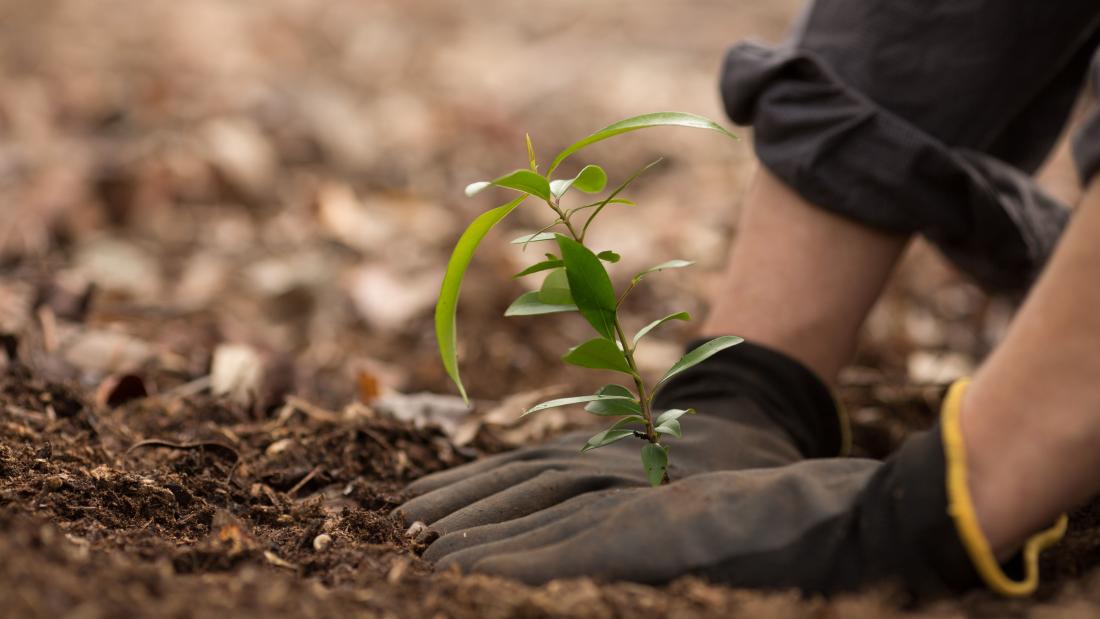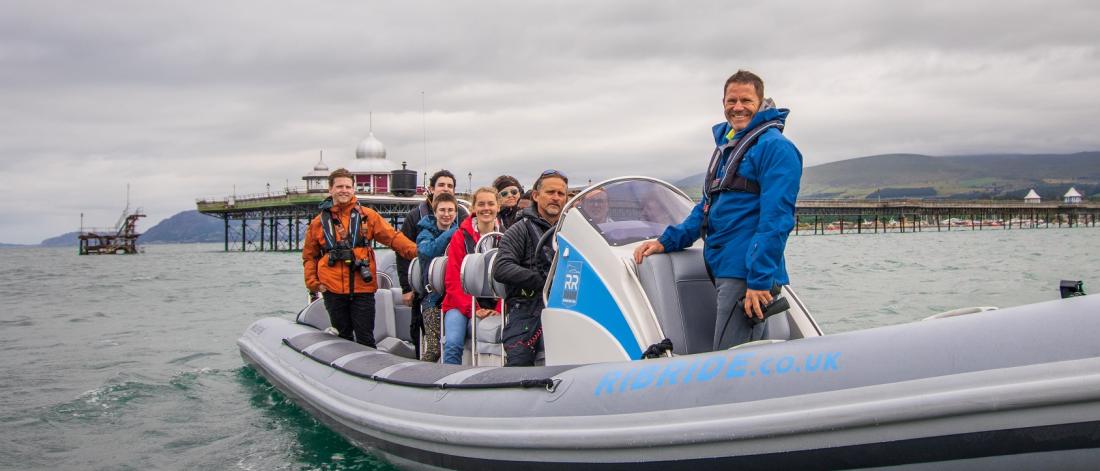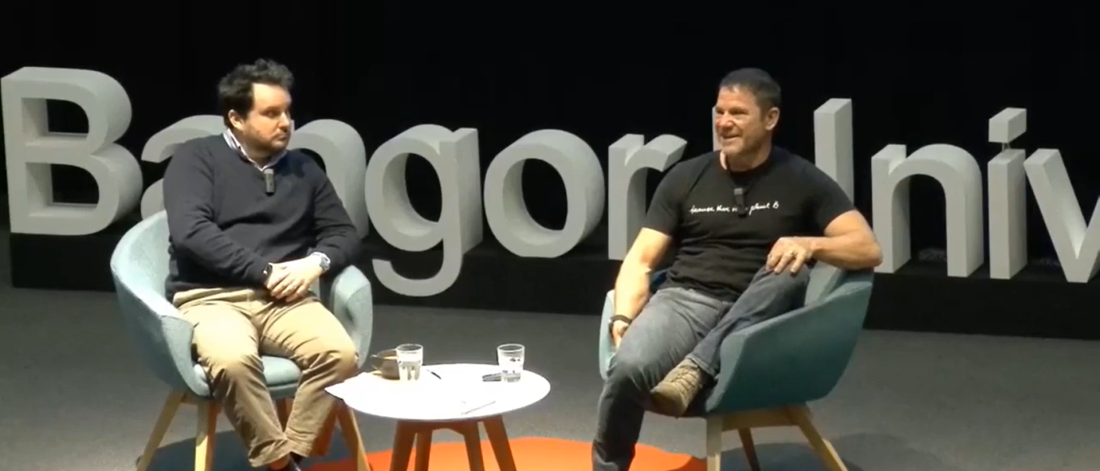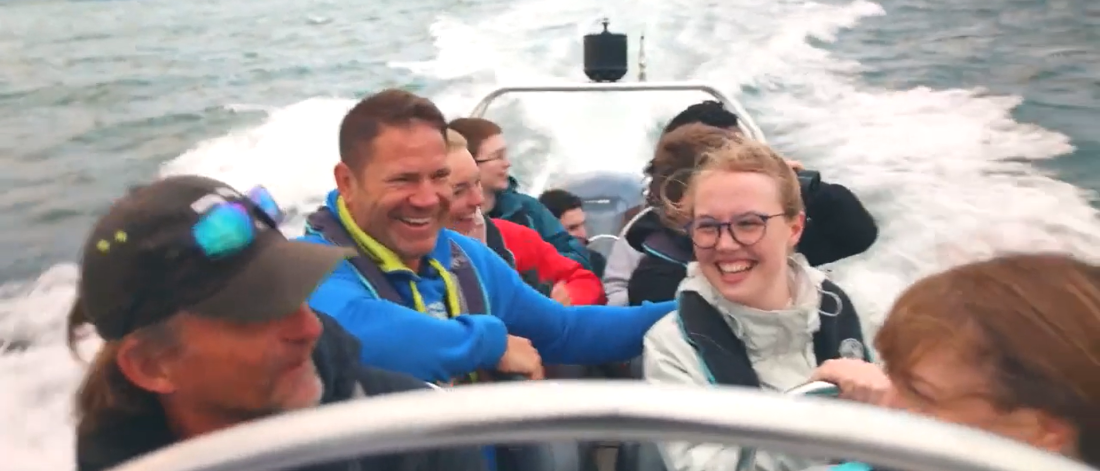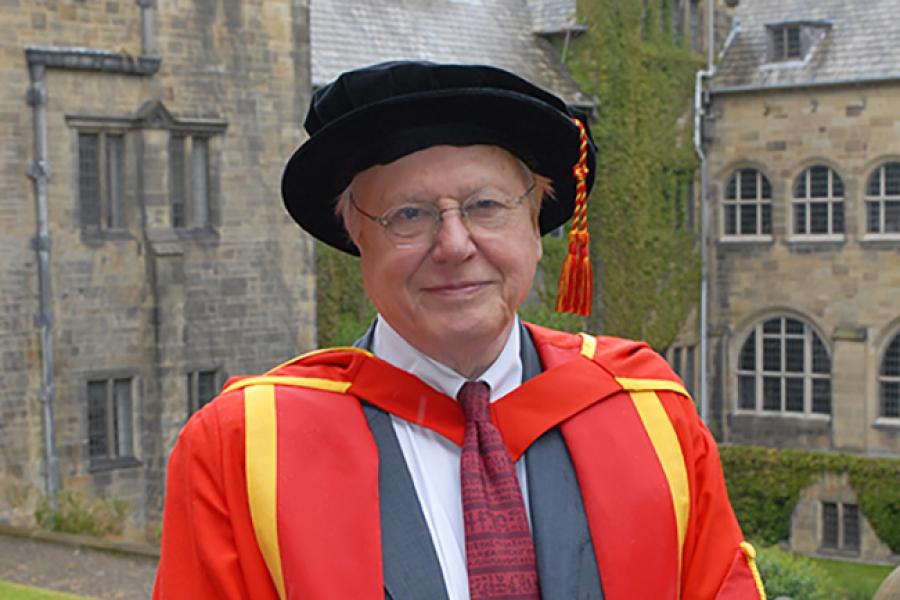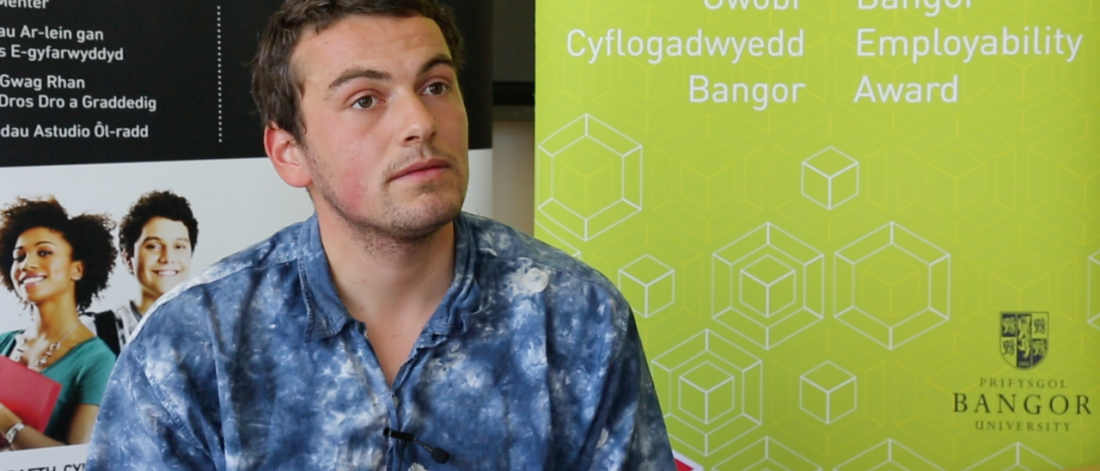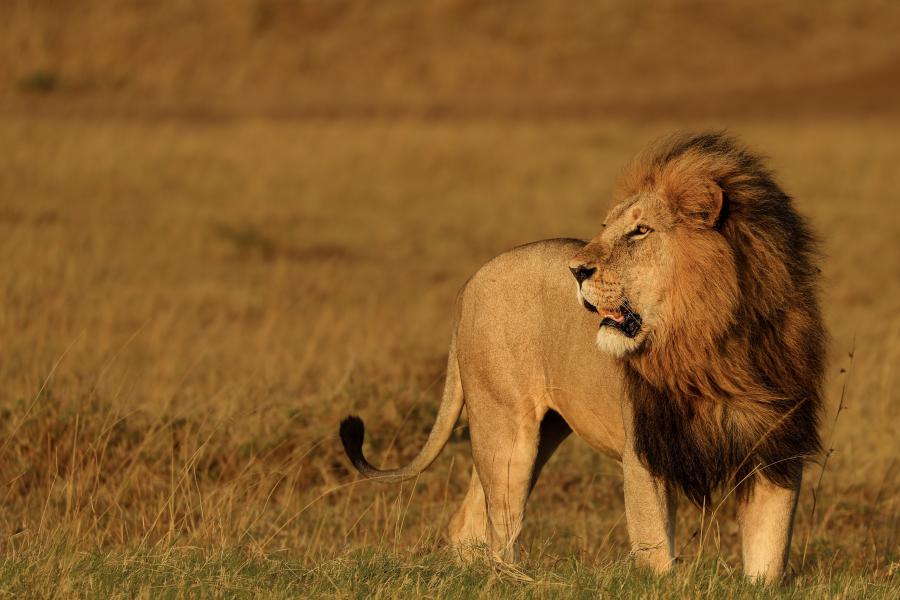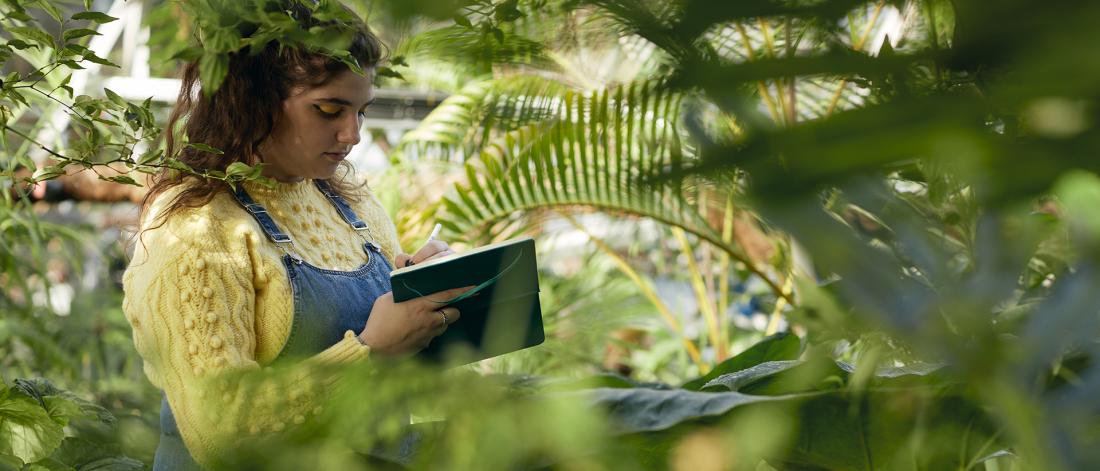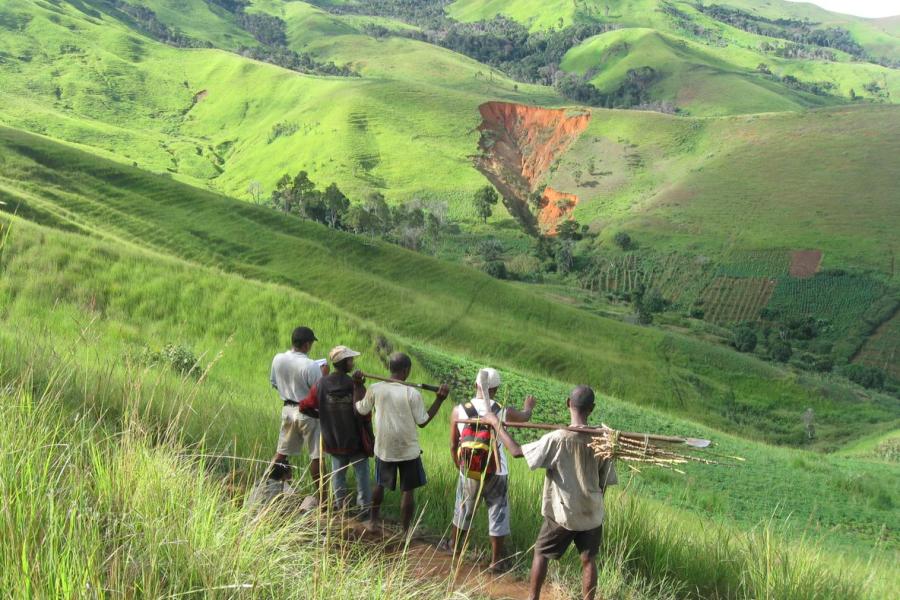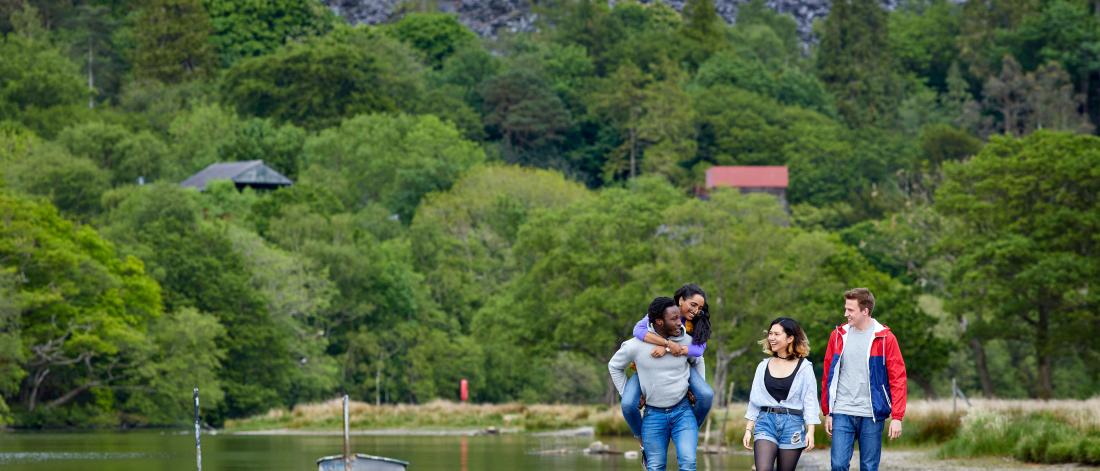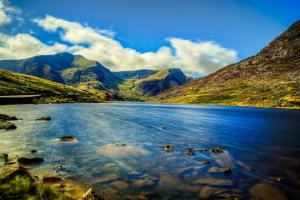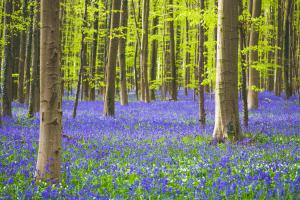Find the right Conservation course for you
I don't have many regrets, but not studying at Bangor is one of them.
[0:04]
And I'm incredibly lucky that very early in life I realised that I had this one thing that could always make me feel better.
[0:08]
Didn't matter how low I was plunging, that I had somewhere that I could take myself, where I could reset,
[0:16]
where I could remind myself of where I come from and what is special to me and the things I'm passionate about.
[0:22]
And it doesn't matter if it's up in the mountain or in a in a lake or in the sea.
[0:28]
Those are the things that just reset me.
[0:32]
And so I would say that, you know, you see yourself getting getting down, take advantage of all of the absolute wonders that we have here.
[0:40]
The people, you know, in the nation will travel hundreds of miles to come and see.
[0:45]
You have them right on your doorstep. You might only be here for three years or four years.
[0:49]
Take take advantage of them because it is so, so special.
[0:55]
And, you know, there is nothing that can compare to being up on the Glyderau or the, you know, the Carneddau as the sun is just starting to rise.
[1:04]
Standing on top of Tryfan and looking at all those mountains and just knowing that this right now is
[1:10]
your home and your place - embrace it. You've all made the best decision of your lives in coming here.
[1:15]
And I just want you all to make the most of it, treasure it, use it as best as you possibly can, you know, on your doorstep.
[1:22]
You have natural wonders that almost nobody else at university in this nation has.
[1:26]
So please, please use them to their full extent. And I promise I'll be back and see you sometime soon while you're here.
[0:03] So, so excited! It's so great to meet Steve! It's just such a great opportunity, to even see the
[0:09] Menai Strait in a different way as well.
[0:12] One of the reasons why I chose Bangor initially, was to be in such an area as this
[0:16] There's no better way to spend the afternoon really!
[0:23] We're heading out into the Menai Strait and off to Puffin Island with a group of students of the natural sciences.
[0:28] To get a flavour of the very finest of this area has to offer.
[0:47] Well, so far we've seen kind of all the very best of the wildlife from this part of the world, particularly when it comes to the birds.
[0:53] The ledges are thick, almost every single centimetre is covered with guillemots, a gull...
[0:59] and we've seen gannets and of course puffins as well.
[01:02] I guess this is why I decided to build a relationship with Bangor.
[01:06] What you can see right here. You know, any institution can invest in its infrastructure.
[01:11] Any institution can get bigger buildings or get more teaching.
[01:14] But there's no amount of investing that can get this.
[01:18] Having this on your doorstep is why Bangor is the best place to study natural sciences in the nation.
[01:30] It is fantastic. You know, obviously not just the company with having Steve there, it's seeing the wildlife that we saw the kittiwakes
[01:37] there cormorants the seals and that sort of stuff. Absolutely phenomenal, like once in a lifetime.
[01:41] Steve is such a genuine lovely guy. Yes, absolutely amazing. There's no better place to be.
[01:46] It's been a pretty amazing afternoon. I feel a little bit buffeted and and chilled.
[01:51] But to be able to head out from you know, you can see the University from here.
[01:56] You can see the halls of residence from here. To be a student here and think that you could finish studying,
[02:01] come down and get on a paddleboard or a kayak and head out into the Menai Strait and have this is your way of relieving exam stress.
[02:08] I mean, that just absolutely blows my mind.
Student video profile - Gabe Hibberd
Gabe Hibberd is studying Conservation with Forestry. During his degree he has undertaken a work placement as a country park warden on the Great Orme in Llandudno, gaining real life experience alongside his studies.
An experience of a lifetime
Conservation student Owen Eaton went to Kenya for his placement. Take a look through his amazing photos on the right.
"Coming to Kenya for my 8-month placement has given me a great opportunity to take part in, and lead, real-world animal behavioural studies with citizen scientists. Honing skills in data collection and leadership, while mitigating human-animal conflict. Of course, always keeping my camera at my side."
Our top facilities will bring what you learn on your degree to life
As part of your degree, you may make use of some of our excellent facilities, which include:
- our own natural history museum
- botanic garden
- freshwater and marine aquaria
- venomous snake collection
- Europe’s largest underground soil laboratory
- aviaries
- an ocean-going research vessel
- an active research farm
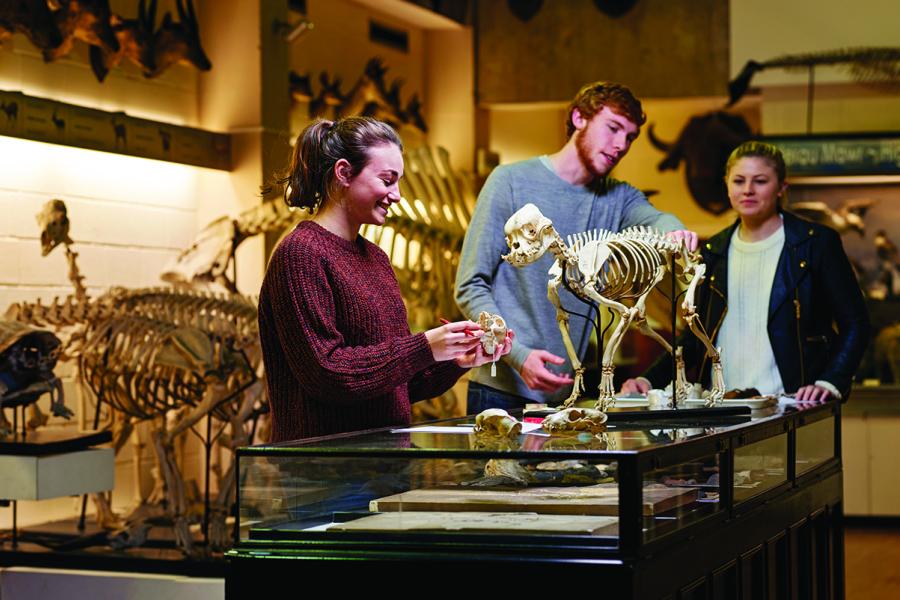
Do you have a question about life as a Bangor University student? Our ambassadors will be happy to help you find the answer.
They can tell you more about studying here, about the amazing Clubs and Societies we have, and how they made friends and settled in to life at university.
If you have any questions about the course, our lecturers are on hand to help. Below are some examples of frequently asked questions. Can you think of any more?
- What are the qualities of a successful student in this subject at Bangor?
- How can I prepare myself to study this subject at Bangor?
- How will I know that this subject at Bangor is the right choice for me?
Our Research in Conservation
Our research is highly interdisciplinary, including insights, expertise and methods from biology, ecology, psychology, economics, sociology, geography, land systems science, and policy amongst others.
We work globally, from the mountains of Snowdonia to the coral reefs of the Caribbean, from rainforests to savannahs and beyond. We undertake applied research which addresses the diverse threats facing species and ecosystems worldwide.
You may also be interested in these related subject areas.
You may also be interested in these related subject areas.

